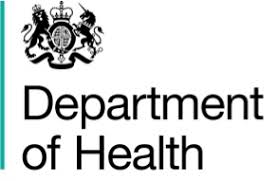New government guidance on UK surrogacy launched today

The government has today launched new online information about UK surrogacy, which will be part of the gov.uk official public information portal. We are delighted to have advised the Department of Health and helped write the new guidance which you can read in full here.
The information focuses on UK, rather than international, surrogacy, and is designed to give practical accurate public information, both for surrogates/ parents working with non-profit organisations and those entering into independent surrogacy arrangements in the UK. There is also separate guidance for healthcare professionals which sets out best practice, including making clear that when babies are born through surrogacy in UK hospitals there does not need to be a handover in the car park.
The project has involved a collaboration between the Department of Health and leading UK surrogacy organisations/professionals, reflecting the supportive and ethical ethos of UK surrogacy. It is hoped that, while the Law Commission is undertaking its review of UK surrogacy law (which will in time produce recommendations about how the law should be brought up to date), the new guidance will give those entering into UK surrogacy arrangements, and the professionals who support them, accurate information about the current law and best practice.
We are particularly pleased to see the government acknowledge surrogacy as a positive form of UK family building, saying:
‘Surrogacy is increasingly becoming an option for starting a family for people who are unable to conceive a child themselves. This guidance is intended to give the reader key information about surrogacy and the relevant legal process in the UK. The Government supports surrogacy as part of the range of assisted conception options.’
At Brilliant Beginnings we are seeing more surrogates in the UK wishing to support intended parents who need their help, both LGBTQ+ families and parents who for medical or other reasons cannot carry a pregnancy. It is important that everyone going into a surrogacy arrangement in the UK takes time and care, ensuring there is a strong relationship and informed consent about the process, risks and responsibilities. It is also important that everyone is properly supported by healthcare and other professionals. This guidance will help support strong ethical surrogacy arrangements in the UK and we look forward to welcoming more families created through surrogacy.
